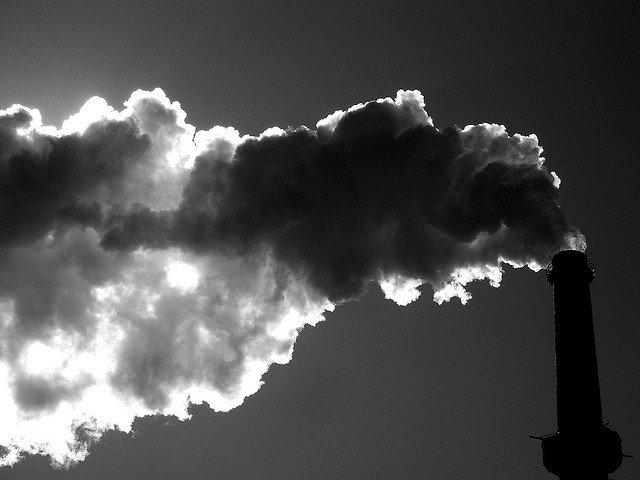A lot of environmental laws are reactive — they’re often drafted following environmental disasters, when living conditions become intolerable, or when some grotesque instance of waste is revealed to the public.
And once enacted, these laws tend to have a night-and-day effect.
Here are 6 kinds of the most extreme laws that were passed to safeguard the environment.
Take Action: Stand With Climate Change Refugees
A Ban on Fishing

Nearly 90% of the world’s fish populations are overfished. To combat this, the small pacific island Palau designated a 500,000 square kilometer zone of water off-limits for fishing.
It’s the biggest no-fish zone in the world.
Banning Cars in Urban Areas

Many of the biggest cities throughout the world are choked with air pollution and on days when it becomes intolerable they resort to a clumsy, but effective, strategy — ban cars for days at a time.
New Delhi, Paris, New Mexico, Barcelona, and Beijing are just some of the cities that have enacted this policy.
Read More: These 6 Cities Are Trying to Give Up Cars Entirely
Banning Coal

Coal is the dirtiest form of energy in the world — harvesting it pollutes rivers and ecosystems and burning it pollutes just about everything.
Many countries are beginning to say: “Enough. No more coal.”
Last year, Scotland closed its last coal plant and Vietnam cancelled its coal ventures.
Banning Pesticides

The European Union doesn’t mess around with agriculture. If there’s a nasty, toxic pesticide in use, it’s probably banned there.
The US, meanwhile, generally waits until clear links can be drawn to human health before banning something.
But Maryland is trying to change that by going after a class of pesticides that has been proven to be toxic.
Read More: Maryland Becomes First US State to Restrict Bee-Killing Pesticide
Ban on Ozone Eaters

Back in the 1980s it looked like the ozone layer was going to completely deteriorate.
Then countries did something unprecedented — they unanimously agreed to ban hydrofluorocarbons and chlorofluorocarbons, compounds used in refrigerators and air conditioners. These were the two main culprits behind the huge hole that was opening up in the atmospheric layer largely responsible for protecting us from ultraviolet rays.
Thanks to that intervention, the ozone is healing.
Read More: The Ozone Hole Is Shrinking, Giving Scientists Hope for Climate Change
Banning Plastic — Bags, Cutlery, and More

Plastic seems to be on its way out. All around the world, countries are realizing the environmental harms of plastic pollution (especially for the oceans) and are banning plastic products.
Here are some of our favorites.
Morocco, Kenya, and Rwanda have all-out banned plastic bags.
France banned plastic cups, plates, and cutlery
New Delhi straight up banned all plastic
Hamburg, Germany, enacted a partial ban on non-recyclable coffee pods.